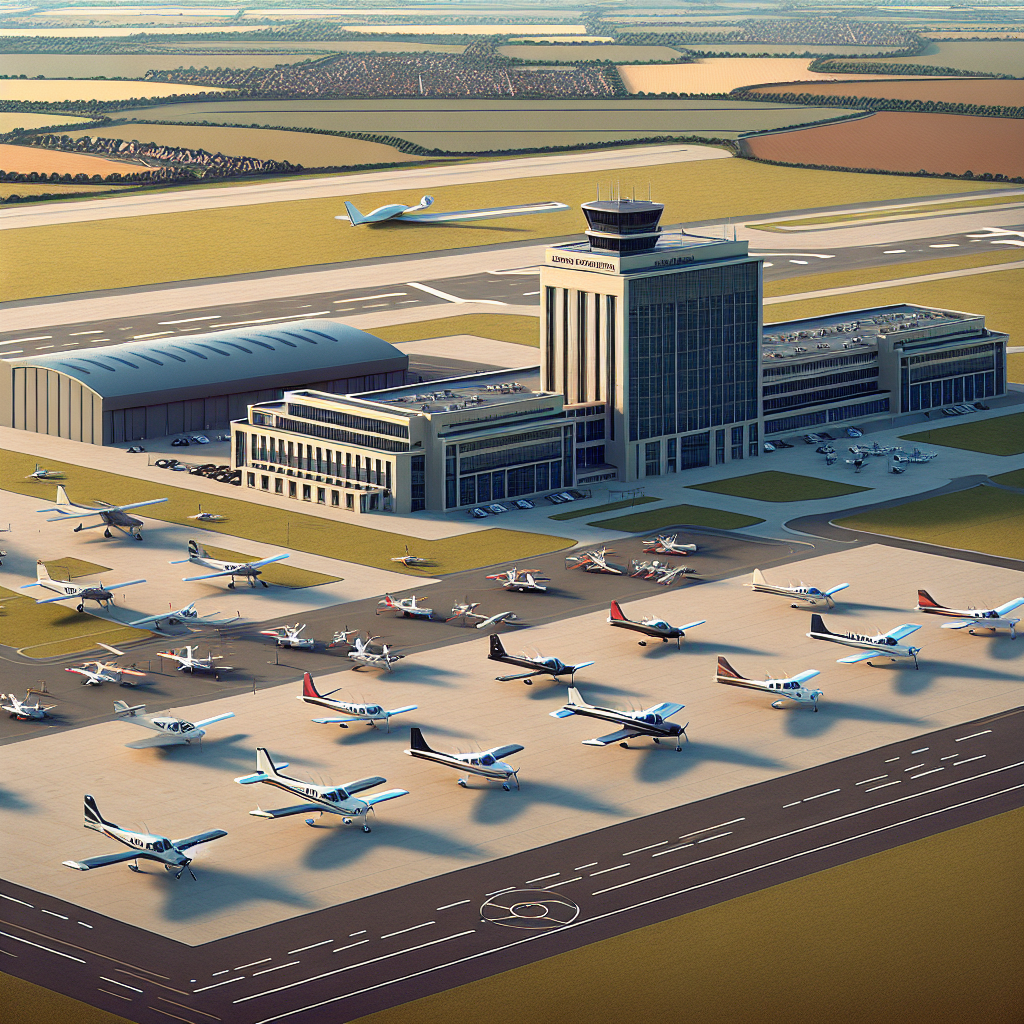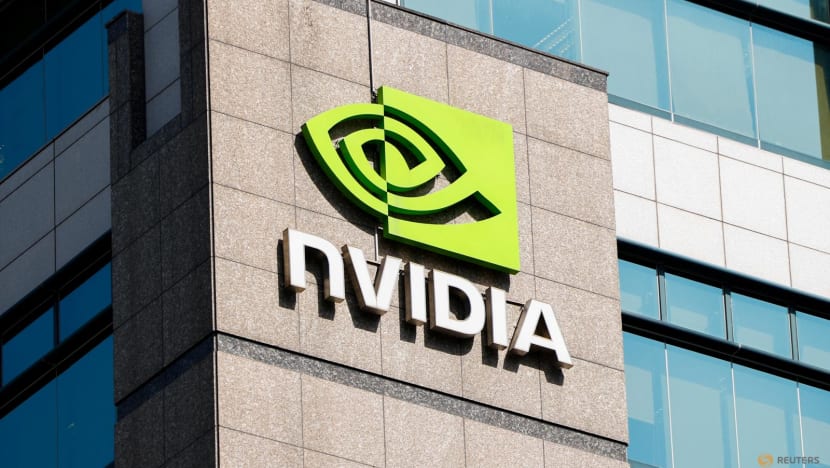DAVAO'S real estate sector continues to thrive with strong investor interest, but industry leaders are seeing a shift in focus toward niche developments such as memorial parks, as demand outpaces supply in this often-overlooked sector. During the recent Business Matters media forum at Hukad, Ayala Malls Abreeza, Diosdado Mahipus Sr., chairman of the Chamber of Real Estate and Builders Association (Creba) Davao Chapter, revealed that their data indicates a growing concern over the limited number of memorial parks in the city.
He said the sector has become an emerging avenue within real estate, largely driven by a consistent mortality rate of around 10,000 deaths annually in Davao City. Mahipus pointed out that public cemeteries are reaching full capacity, forcing local authorities to exhume remains and transfer bones to mass graves when families are unable to pay the necessary rental fees. He then emphasized that the lack of available and decent burial grounds has become a pressing issue that the real estate industry and local government must address.

To meet this demand, four new applications for the development of memorial parks have been submitted. These are planned for Barangays Langub, Ma-a, Toril, and Mintal, with another location still under consideration. Mahipus noted that this shortage of burial spaces opens an opportunity for investors to explore alternative and socially relevant developments.
He stressed that memorial parks could be a long-term, sustainable investment in a growing city where traditional urban space is becoming increasingly saturated. While the broader real estate market in Davao remains active, Mahipus acknowledged that the high-rise condominium segment has experienced a slowdown. He attributed this trend to growing public apprehension over the safety of tall structures, especially in a region frequently affected by earthquakes.
He explained that the government is also steering developers away from high-rise constructions, instead promoting mid-rise condominiums that are considered more affordable and safer to build. According to Mahipus, the high cost of constructing high-rise buildings combined with cautious buyer sentiment is leading many developers to pivot toward mid-rise projects, which appeal more to the middle-income market. He also told Davao reporters that the cost-efficiency of mid-rise developments makes them more accessible to buyers while also reducing the financial risk for developers.
This shift is shaping the current trajectory of urban development in Davao. He underscored that the real estate industry must remain adaptable, especially in response to the city’s changing needs, whether in housing, vertical development, or essential services like burial infrastructure..
Business

Shift to memorial parks seen in real estate industry

Creba-Davao highlights a growing demand for memorial parks as public cemeteries reach capacity. The real estate sector is responding with new developments, while high-rise condo growth slows.















